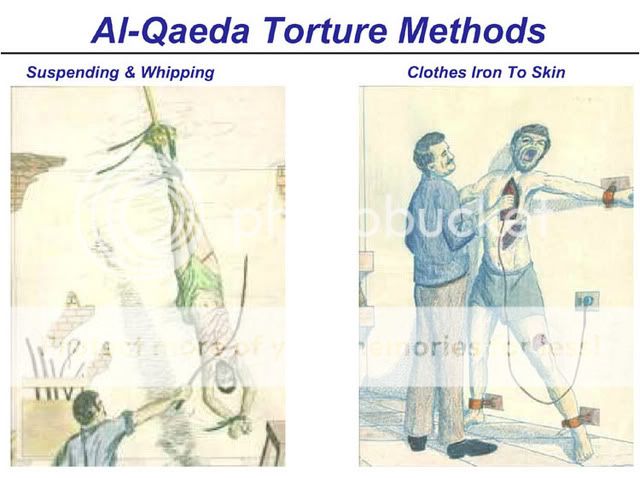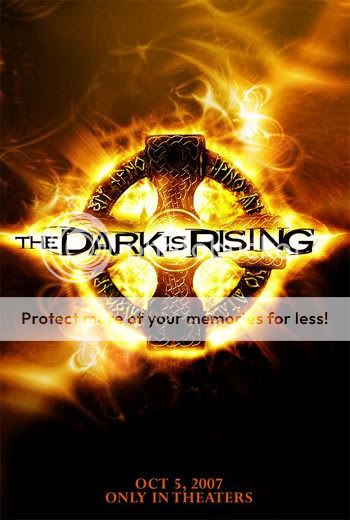This vicious critique of 28 Weeks Later and the entire brutal-horror enterprise by Reverse Shot’s Andrew Tracy strikes me as a very important piece in terms of the genre’s future. I say this even though it’s so diametrically opposed to my own take on horror that it’s like it was written by Bizarro Sean, as evidenced by passages like these:
Much early praise has been showered upon this sequel to 28 Days Later for its “relentlessness,” “bleakness,” “darkness,” “ferocity,” et cetera and ad nauseam. That these are merely descriptions rather than values in and of themselves does not seem to register.
There’s not a whole lot for me to say here by way of refutation or response that I haven’t already said (for a long time). I mean, yeah, I disagree, duh. I will, however, point out that the essay’s conclusion perhaps contains the key to unlocking the problem with Tracy’s approach:
The unnerving and terrifying cinematic power of the original Chainsaws and Living Deads transcended their generic packaging and filtered into the world at large; their inheritors package an unnerving and terrifying world and serve it back in consumable portions. 28 Weeks Later and its ilk do not make one reflect on the ugliness of the world, but on the needless ugliness of the far narrower film world. To look away from this garbage is not to refuse to face reality, but to look towards more rewarding films.
Oh dear, the dreaded “transcending the genre” rears its ugly head! I’m so, so tempted to allow the use of that phrase to make me ignore the piece entirely, as that is the right and good response to the deployment of T.T.G. in nearly all cases. But the real problem is the distinction Tracy’s attempting to draw, because, simply put, I’m not sure that it’s based on anything other than which cinematic values cause Tracy to wrinkle his nose. To listen to the likes of George Romero and Tobe Hooper talk about their work, “packag[ing] an unnerving and terrifying world and serv[ing] it back in consumable portions” is exactly what they were doing. Are we to ignore them? (To be fair, we probably should: They’ve clearly learned what mainstream film critics and scholars will eat, and they’ve trained themselves to serve it.) I think what Tracy’s saying is that the filmmaking in the earlier films is more sophisticated, to which I can only reply that he should watch those two movies and then Hostel and 28 Weeks Later again; none of them is really self-evidently superior, in purely cinematic terms, to the others. It seems like what it ultimately comes down for Tracy is a beef with a perceived “slickness” in the recent films, coupled with an aversion to out-and-out gore. Fine–even admirable in belief it demonstrates that style is substance–but, well, wrong. I’m not sure how the fact the more recent movies had the luxury of decades of erosion of censorship of gore going for them and weren’t shot on 16mm for whatever disqualifies them from “mak[ing] reflect on the ugliness of the world [as opposed to] the needless ugliness of the far narrower film world.” They certainly made me reflect on the former much more than the latter.
Overall I think Tracy’s piece is a part of a wave of “cynicism fatigue” that’s starting to crest (cf. responses to this season of The Sopranos). All I can really say is that driving into work this morning, I saw the remains of a black and white cat whose head had been so completely destroyed by the car that ran it over that but for the paws and the tail you wouldn’t even know what it was, and I honest to god thought “that about sums it all up, doesn’t it?”, so the cinema has a long way to go before it can hit bottom with me.
Sorry to be a downer. Anyway, read the whole thing, then check out the comment thread at the House Next Door post where I initially found this link, which contains this gem from Matt Zoller Seitz:
28 Weeks Later” is filled with images of people doing the right thing and being killed almost immediately. But not for a second does the film suggest they should have behaved selfishly. The subtext is, doing the right thing is its own reward, and observance of the golden rule, especially when it costs us personally, is what truly makes us human.
Add “and that cost is what makes life tragic” and yep, there you go.






